China in IOR: ‘peaceful rise’ no more
China has expanded its presence in the Indian Ocean Region. President Xi Jinping has abandoned Deng Xiaoping’s conciliatory posture for an aggressive, money-fuelled search for super power status
 Courtesy: Western Naval Command
Courtesy: Western Naval Command
China has expanded its presence in the Indian Ocean Region. President Xi Jinping has abandoned Deng Xiaoping’s conciliatory posture for an aggressive, money-fuelled search for super power status
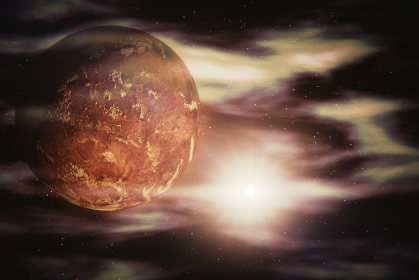 Courtesy: Pixabay
Courtesy: Pixabay
The Indian Space Research Organisation’s (ISRO) recently announced intention to visit the planet Venus – the third celestial destination for India after the Moon and Mars – is a significant academic pursuit. But can New Delhi use this opportunity to develop cutting-edge trans-disciplinary technologies and advance its space diplomacy?
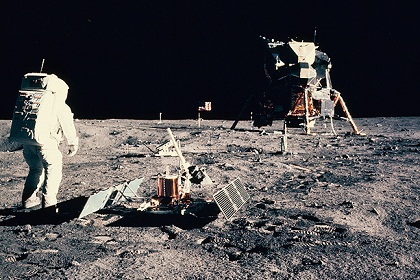 Courtesy: ngm.nationalgeographic
Courtesy: ngm.nationalgeographic
New Delhi’s space policy makers have been promoting the possibility of deriving Helium-3 from the Moon for Earth-based applications for over a decade—but it is not a viable proposition and it’s time they stopped placing the cart before the horse
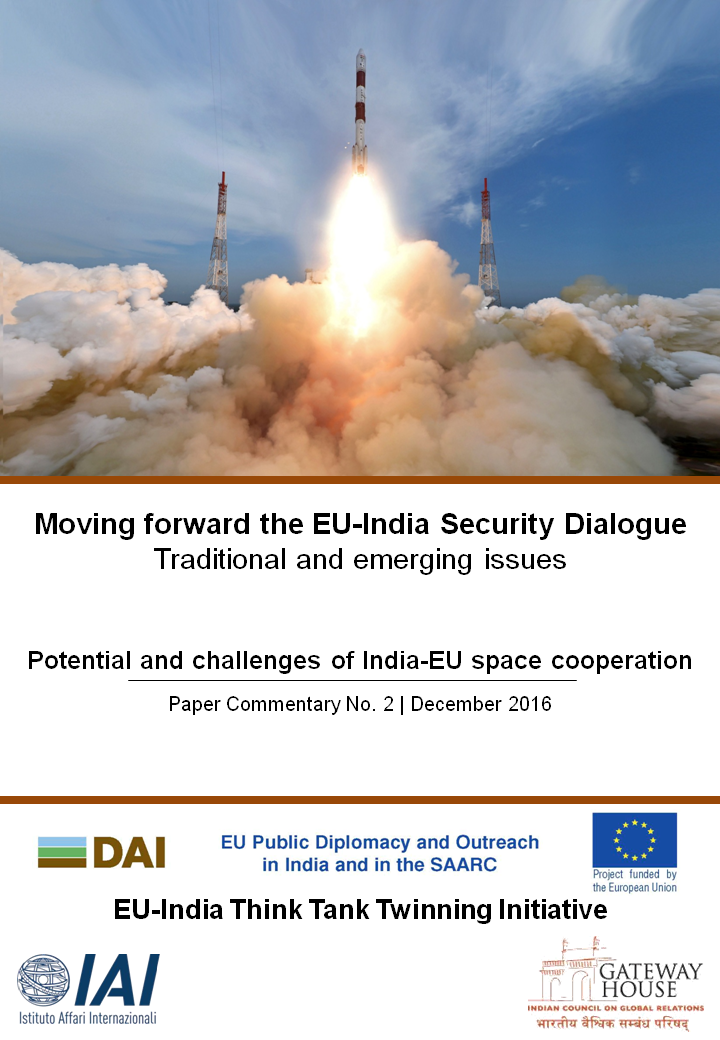 Courtesy: Wikipedia
Courtesy: Wikipedia
India-EU space collaboration is still nascent largely due to the EU’s limited autonomy over its space programme. Astro-geopolitics, an inevitable successor to geopolitics, requires confidence-building and furthering strengthening of bilateral linkages
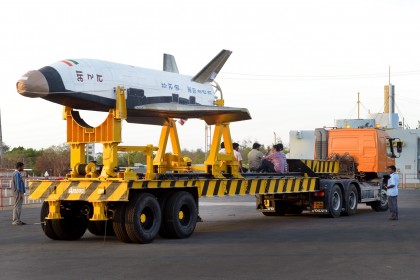 Courtesy: ISRO
Courtesy: ISRO
The Indian Space Programme has a mandate to focus on its launch- and earth-oriented capabilities. In the past decade, it has attempted some non-conventional experimental projects under the labels “‘low-cost” and “technology demonstrator”. However the effect of these experimental space projects on India’s techno-economic growth will be realised only if the central government gives the project greater status and funding.
 Courtesy: Navaneeth Unnikrishnan / Wikipedia
Courtesy: Navaneeth Unnikrishnan / Wikipedia
A tectonic shift is occurring in the science landscape, wherein newly-developed nations are audaciously investing in frontier scientific research at par with developed nations. India is game to join this new wave of advancement, but its research-funding mechanisms are deficient. Can Indian philanthropy endow indigenous R&D?
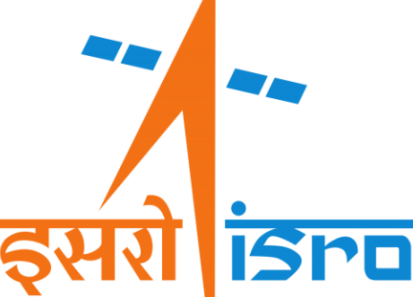 Courtesy: Wikipedia
Courtesy: Wikipedia
Instead of inviting foreign corporations to India to create a manufacturing base, Modi can use his Silicon Valley experience to build a similar research and development foundation in India for indigenous high-tech companies. A strategic space megaproject could be the start of this much-needed push.
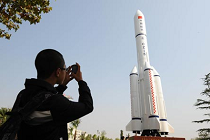 Courtesy: wantchinatimes.com
Courtesy: wantchinatimes.com
Economic development and increments in scientific knowledge and technology, which in turn rest on R&D, are interconnected. India is falling behind and must allocate a greater share to R&D, while China must elevate the efficiency of its research expenditure—this focus will allow the two countries to continue to grow
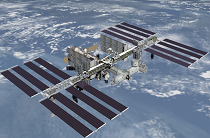 Courtesy: nasa.gov
Courtesy: nasa.gov
Space exploration may take a hit as terrestrial politics plays spoilsport with the U.S. government spearheading a sanctions programme against Russia. With China pursuing an independent space programme of its own, Russia’s departure from the effort may mark the beginning of a divided space once again after the Cold War
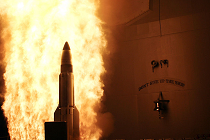 Courtesy: US-Navy/Wikimedia Commons
Courtesy: US-Navy/Wikimedia Commons
The UN’s Transparency and Confidence Building Measures for Outer Space Activities to address terrestrial anti-satellite weapons have spawned schismatic instruments such as the EU’s International Code of Conduct and a Sino-Russian treaty. India must weigh its national interests before agreeing to these drafts